
African elephant numbers have plummeted by 30 percent from 2007 to 2014, in large part because of poaching for the ivory trade.
PHOTOGRAPH BY MICHAEL NICHOLS, NATIONAL GEOGRAPHIC CREATIVE
In China, Ivory Seems to Be Losing Appeal
Since China’s ivory ban went into effect at the end of 2017, more people in China say they don't want to buy ivory.
BY RACHAEL BALE
PUBLISHED SEPTEMBER 28, 2018
China’s ivory trade has now been illegal for nine months, and it appears that fewer people are interested in buying ivory. A new survey of more than 2,000 people in China conducted by GlobeScan, a public opinion research firm, and funded by the World Wildlife Fund (WWF), found that 72 percent of respondents would not buy ivory, compared to 50 percent when the poll was conducted last year, before the domestic trade ban went into effect.
China is believed to be the world’s largest illegal ivory market, and until December 31, 2017, it was also the world’s biggest legal ivory market. But as pressure grew as a result of the poaching crisis, with some 30,000 African elephants slaughtered for their ivory each year, President Xi Jinping and then-U.S. President Barack Obama agreed in 2015 that both their countries would implement plans to end legal ivory sales.
“We’ve been saying for years that the China ban would be a game changer. It appears that it is. We’re seeing positive effects,” says WWF’s Jan Vertefeuille, who leads the organization’s ivory work.

Shoppers admire an ivory ornament at a state-owned ivory business in Guangzhou, China, in 2012. This couple bought 15 ivory pieces at a cost of more than $16,000.
PHOTOGRAPH BY BRENT STIRTON, GETTY/NATIONAL GEOGRAPHIC
In addition to more people in China outright rejecting ivory, fewer Chinese have bought ivory since January 2018. In a survey conducted before the ban, more than a quarter of respondents said they’d bought ivory in the last six months. In the new survey, only 12 percent said they had.
It’s not all good news, though. Since the ban, one group of people has actually become more willing to buy ivory—people who regularly travel overseas. “That's something we’re planning to do additional research into,” Vertefeuille says, but right now it’s unclear why travelers specifically have higher intent to purchase.
For Chinese travelers, Thailand is one of the most popular overseas destinations where people buy ivory. To combat that, WWF is launching a pilot program next week. October 1 to October 8 is Golden Week in China, a period of holidays that includes the Chinese New Year, and it’s one of the busiest travel times of the year. Using geolocation and social media such as WeChat and Weibo, WWF will send targeted messages to Chinese tourists arriving in Thailand to remind them about the ban and to “travel ivory free.”
CAUSE AND EFFECT
The big question for conservationists and those fighting the illegal wildlife trade is how much of this attitudinal change can be attributed to the ban. The survey suggests that only about 8 percent of Chinese people know about the ban. While that’s double last year’s number before the ban went into effect—it’s still too low, Vertefeuille says.
“We can’t say [the results are] definitively because of the ban because awareness of the ban is fairly low,” Vertefeuille says. “Some of this is increased awareness from consumers. But they’re getting the message somehow, and that’s encouraging.”
Vanda Felbab-Brown, an expert in the illegal wildlife trade and organized crime at the Brookings Institution, says an important next step is to dig into that group of people who went from possible ivory buyers in 2017 to definitive ivory rejectors in 2018. “You want to see who are the people who switched their opinions and ask: Was it the ban? Was it the [awareness] ad? Was it ‘my grandmother told me to save the innocent baby elephant?’” she says.
Felbab-Brown has also studied drug trafficking and has examined the effects of bans on certain activities. “Bans do have an effect,” she says. “The question of how strong the effect is depends on individuals, societies, cultures. Are the people who are inclined to buy ivory susceptible to the moral-legal element of obeying laws?”
For a ban to really work, she says, enforcement is critical: “What I would think is a big deterrent is Chinese law enforcement making big busts. Not just once, but a series of raids on traders” as well as punishments for buyers.
IVORY FOR SALE
China’s aboveboard Ivory shops seem to have gotten the message. The wildlife trade monitoring organization TRAFFIC, an offshoot of WWF, made site visits in 2018 to 71 shops that had been licensed to sell ivory before the ban went into effect. They found that 17 have closed, and they confirmed that the other 54, which sold ivory as well as other items, no longer have ivory on the shelves.

Before the ivory ban, China had many state-licensed ivory carving factories and retailers. This factory in Beijing carved more than 1,600 pounds of ivory a year and employed more than 20 artisans in 2011.
PHOTOGRAPH BY BRENT STIRTON, GETTY/NATIONAL GEOGRAPHIC
“It’s very encouraging that the legally licensed shops don’t have ivory,” Vertefeuille says, but it’s important to keep an eye on under-the-table sales. TRAFFIC’s market survey did find plenty of ivory for sale illegally in other shops, although that too has decreased somewhat.
New fieldwork shows that new ivory trading centers are popping up in China and that there are potentially new groups of buyers, Felbab-Brown notes. So while people who previously showed interest in buying ivory may have changed their minds, there are probably new people moving to cities and into the middle class who haven’t seen any of the awareness campaigns or don’t know about the ban, she points out.
The Chinese government continues to hold a stockpile of ivory that it had been releasing in set amounts to ivory carving factories and retailers before the ban. And so far, there has been no buy-back campaign to get remaining ivory out of the storerooms of previously licensed ivory shops.
And as far as decreasing poaching is concerned, Felbab-Brown says it’s probably too early to tell if the ban has helped save elephants in Africa. In her studies of drug policy, she’s learned that there’s usually a time lag of about two years between a demand-reduction effort and any significant change on the street.
For now, raising awareness of the ban and enforcing its provisions are priorities. Vertefeuille is encouraged that more young adults are joining the “ivory rejectors” category. To make headway, she says, advocates need to encourage young people to spread the message among their peers. Also the Chinese government needs to work more closely with NGOs’ awareness campaigns, and the private sector, especially the travel industry, needs to get involved to help fight the overseas trade among Chinese travelers.







 Reply With Quote
Reply With Quote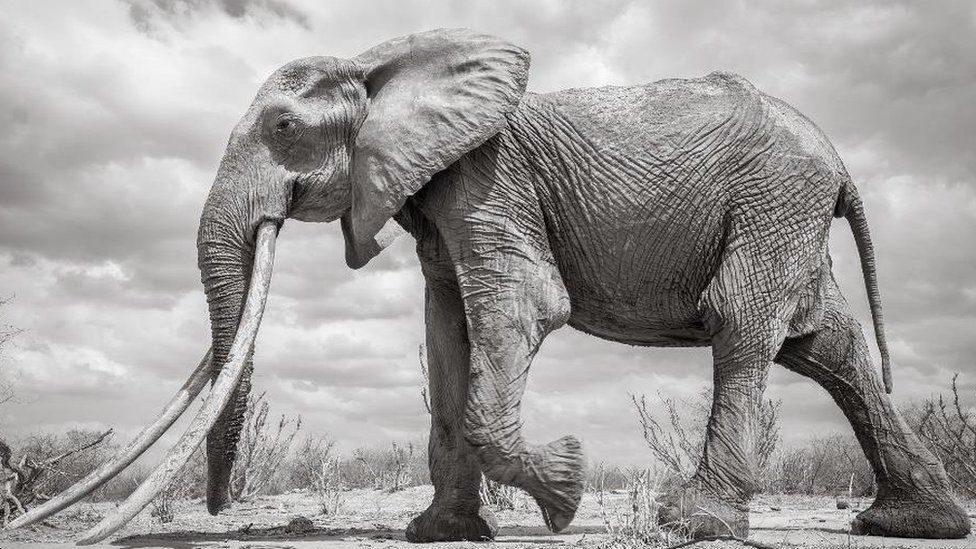 WILL BURRARD-LUCAS
WILL BURRARD-LUCAS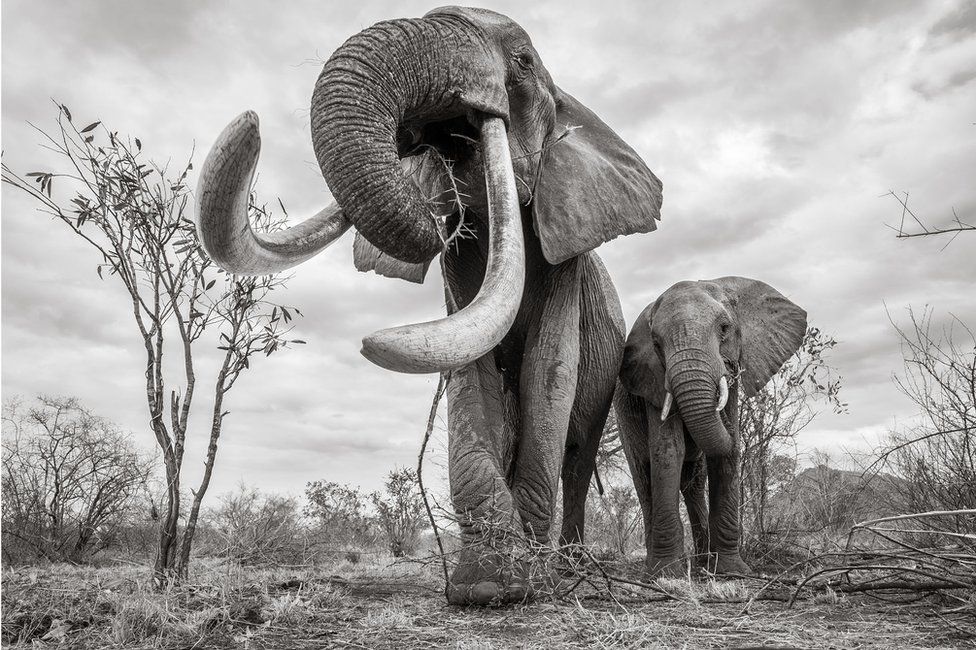 BURRARD-LUCAS PHOTOGRAPHY
BURRARD-LUCAS PHOTOGRAPHY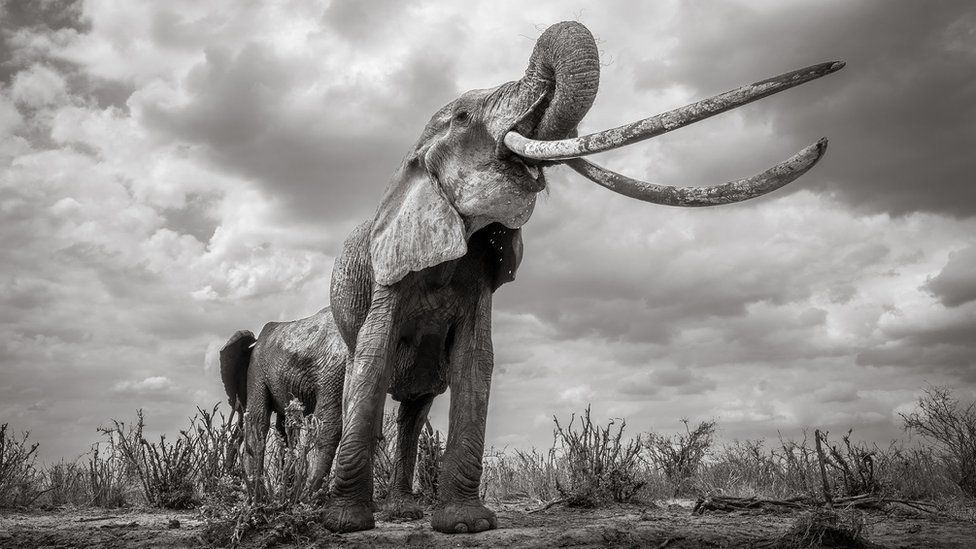 BURRARD-LUCAS PHOTOGRAPHY
BURRARD-LUCAS PHOTOGRAPHY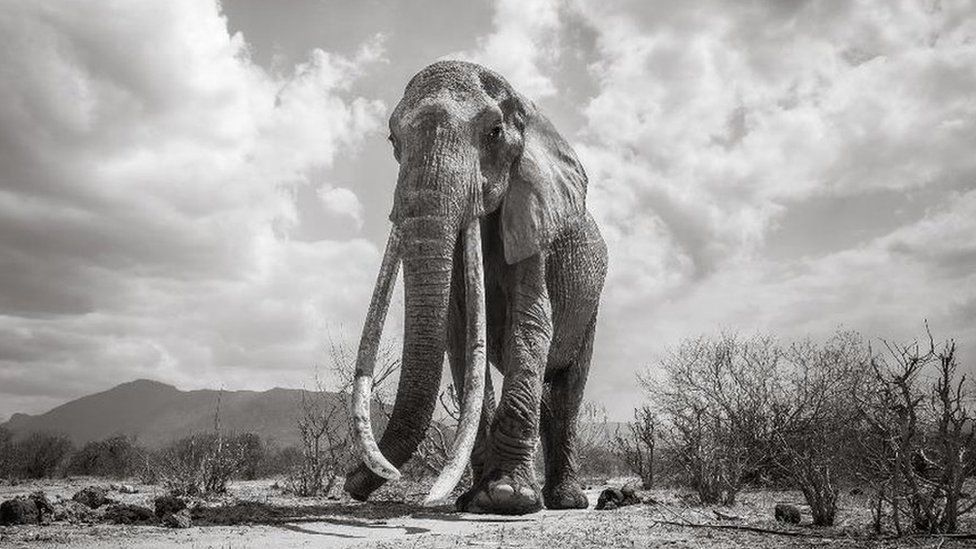 WILL BURRARD-LUCAS
WILL BURRARD-LUCAS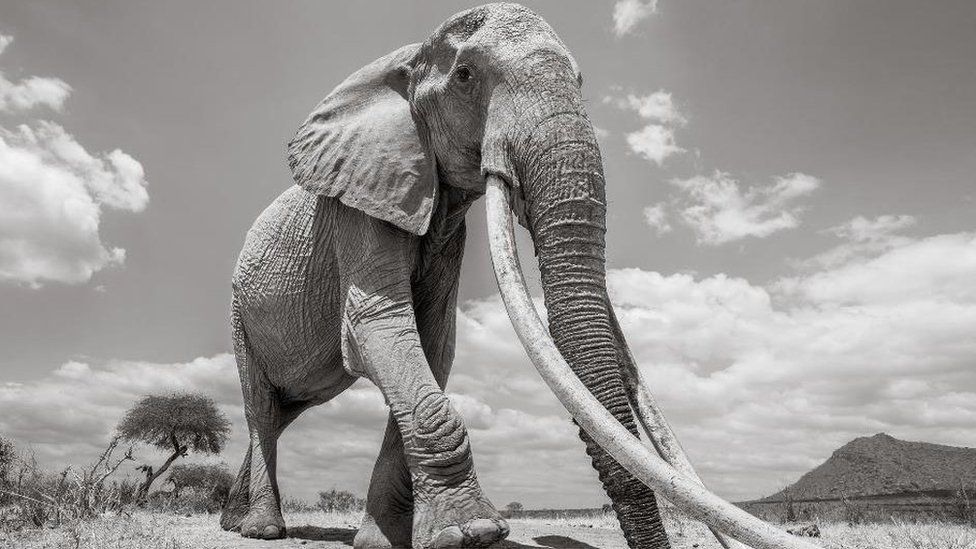 BURRARD-LUCAS PHOTOGRAPHY
BURRARD-LUCAS PHOTOGRAPHY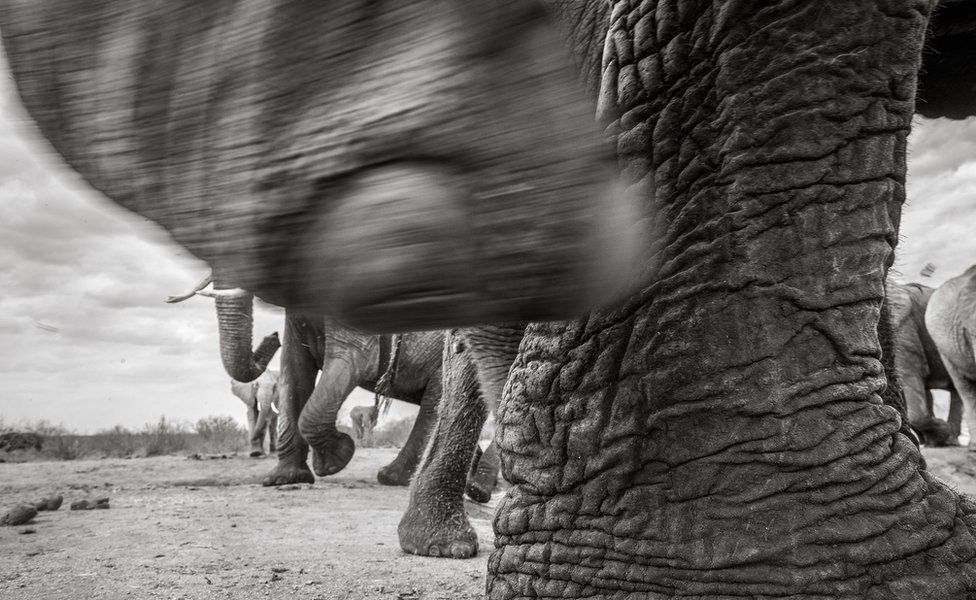 WILL BURRARD-LUCAS
WILL BURRARD-LUCAS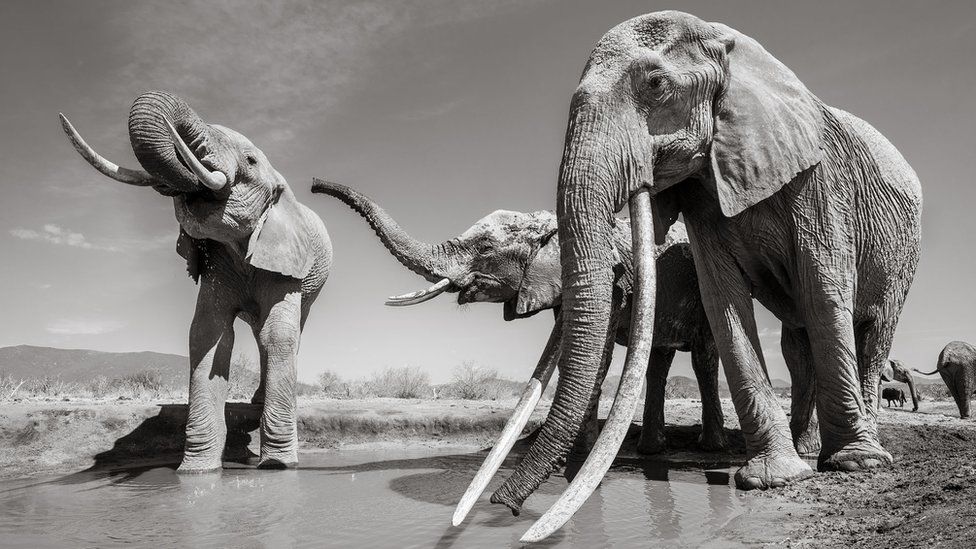 BURRARD-LUCAS PHOTOGRAPHY
BURRARD-LUCAS PHOTOGRAPHY

